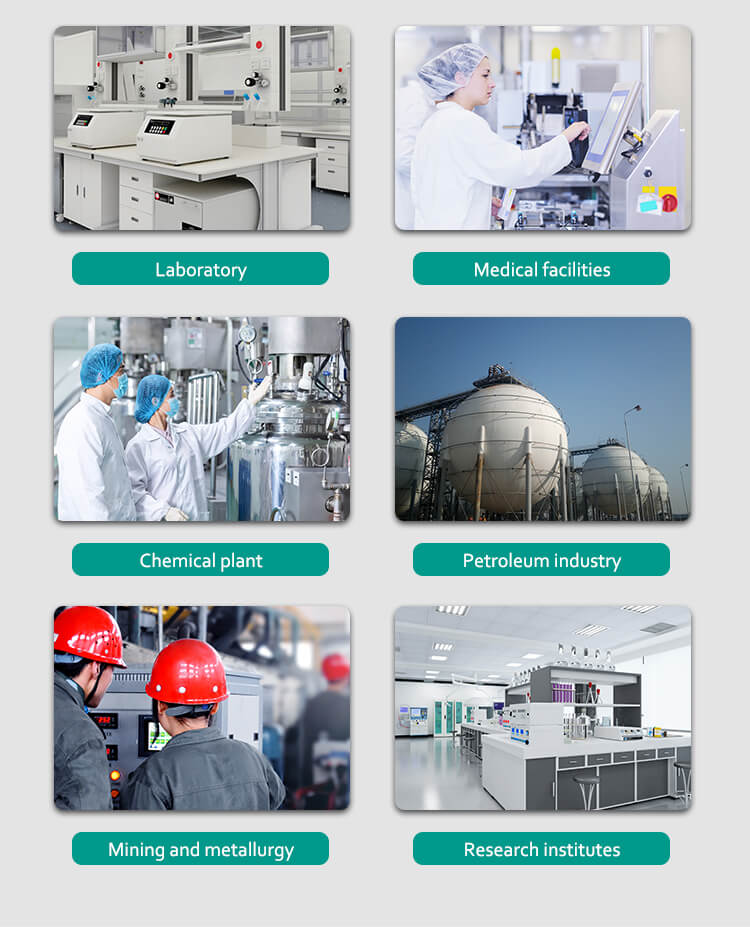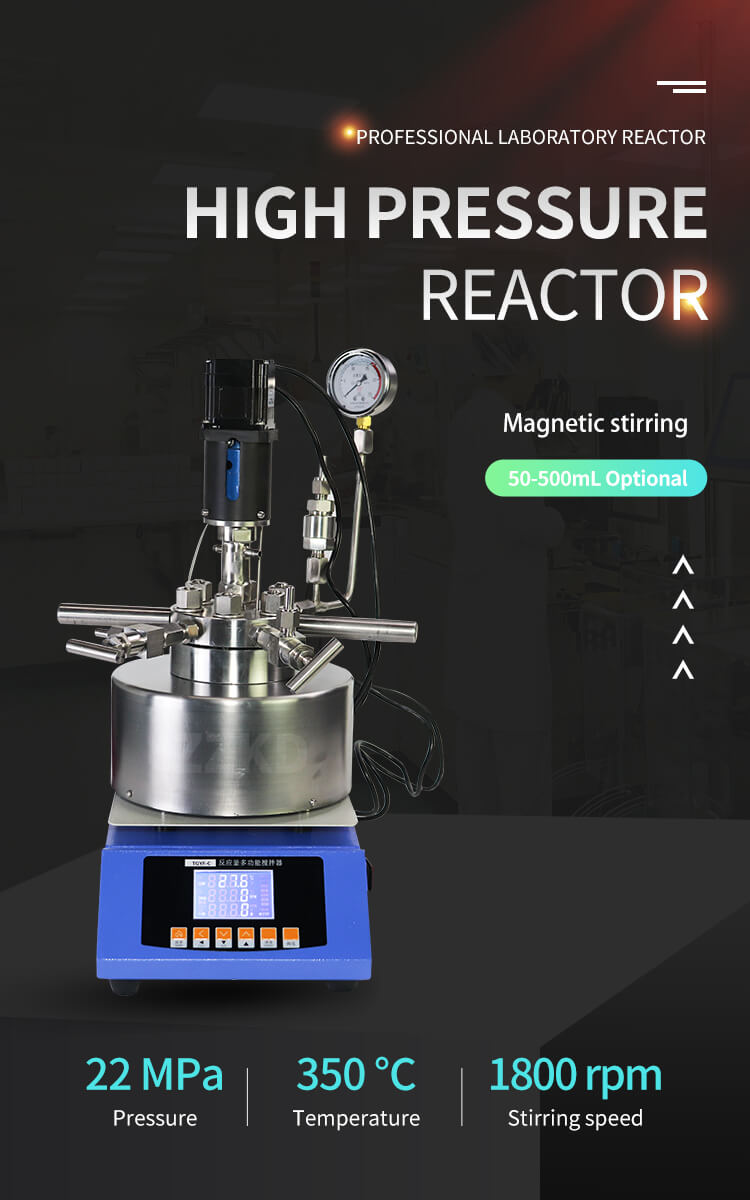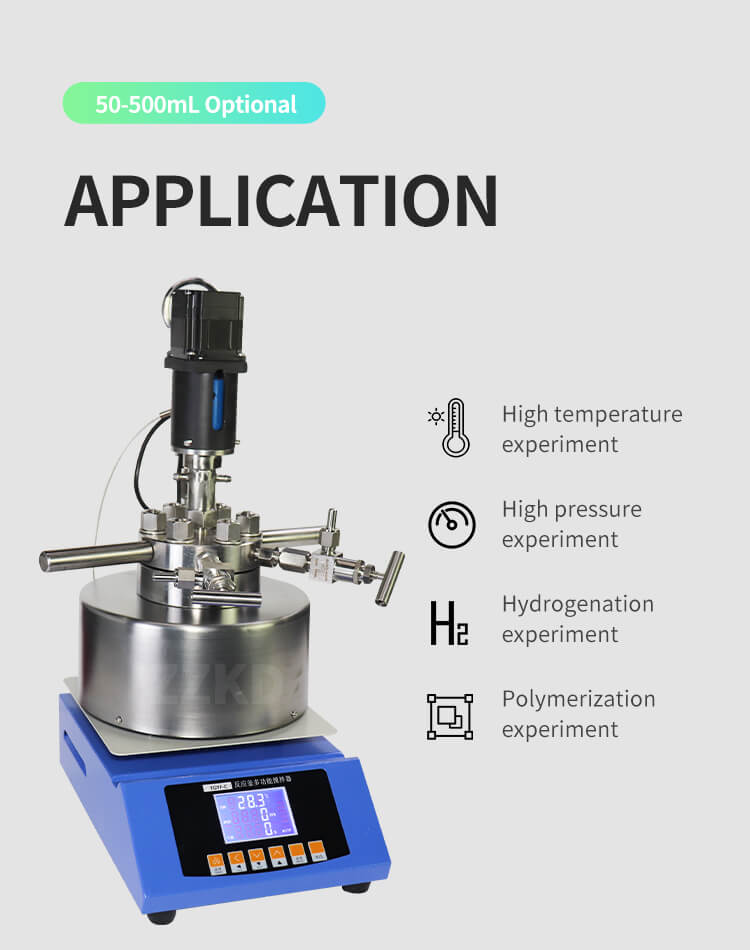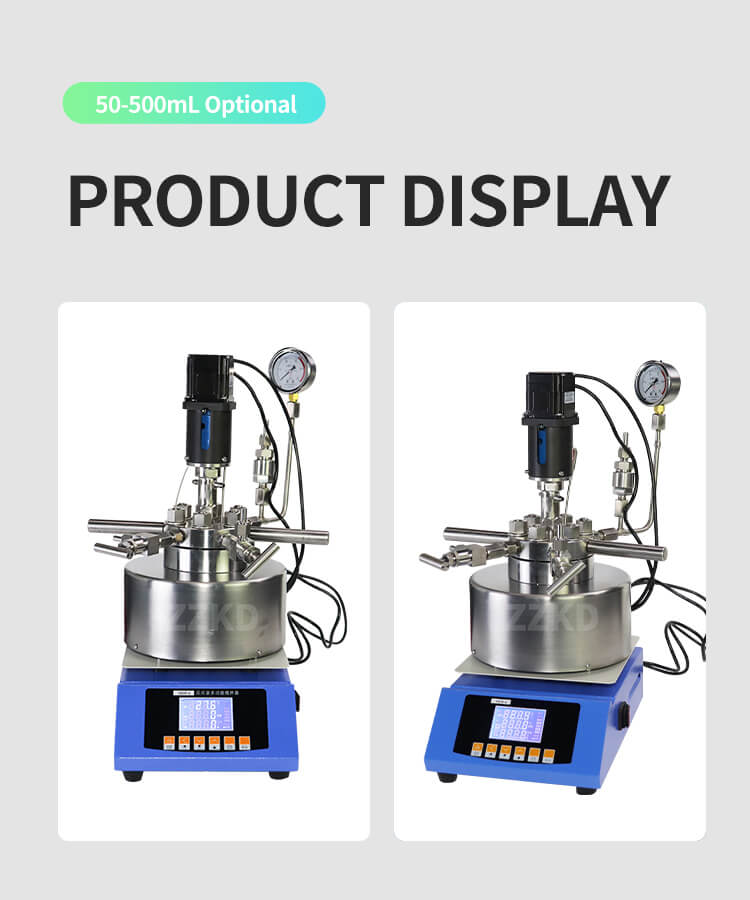In the world of chemistry and manufacturing, advancements in technology continue to push the boundaries of what is possible. One notable innovation is the high pressure chemical reactor – a device that allows scientists and engineers to conduct chemical reactions under extreme pressure conditions, opening up new avenues for research and development.

Traditionally, chemical reactions are conducted at atmospheric pressure, where the reactants are mixed and allowed to react under normal conditions. However, many reactions require higher pressures to be effective, as increased pressure can alter the rate of the reaction, improve yields, or enable the synthesis of entirely new compounds.

A high pressure chemical reactor typically consists of a closed vessel designed to withstand high pressures, often ranging from hundreds to thousands of atmospheres. Within this vessel, precise control of pressure, temperature, and other reaction parameters is crucial. The reactor is usually made of materials such as stainless steel or other alloys that can withstand the intense conditions.
The applications of high pressure chemical reactors are vast and diverse. They are commonly used in the pharmaceutical industry to facilitate the synthesis of drugs, where pressure can alter reaction pathways and improve yields. Additionally, high pressure reactors are invaluable in the field of petrochemicals, where they aid in the production of fuels and other essential chemicals.

One of the primary advantages of high pressure reactors is the ability to explore novel reactions and uncover previously unknown outcomes. By subjecting reactants to extreme pressures, researchers can uncover new compounds and materials with unique properties that may have profound implications across various industries.

Furthermore, high pressure chemical reactors also enable engineers to optimize existing processes. By fine-tuning reaction conditions such as pressure and temperature, scientists can enhance reaction rates, increase product yields, and minimize unwanted by-products, leading to more efficient and sustainable manufacturing operations.
In conclusion, the development of high pressure chemical reactors has revolutionized the field of chemistry and manufacturing. These sophisticated devices allow scientists and engineers to explore new reactions, optimize processes, and unlock endless possibilities for innovation. As researchers continue to push the boundaries of science and technology, high pressure chemical reactors will undoubtedly play a pivotal role in shaping the future of various industries.





